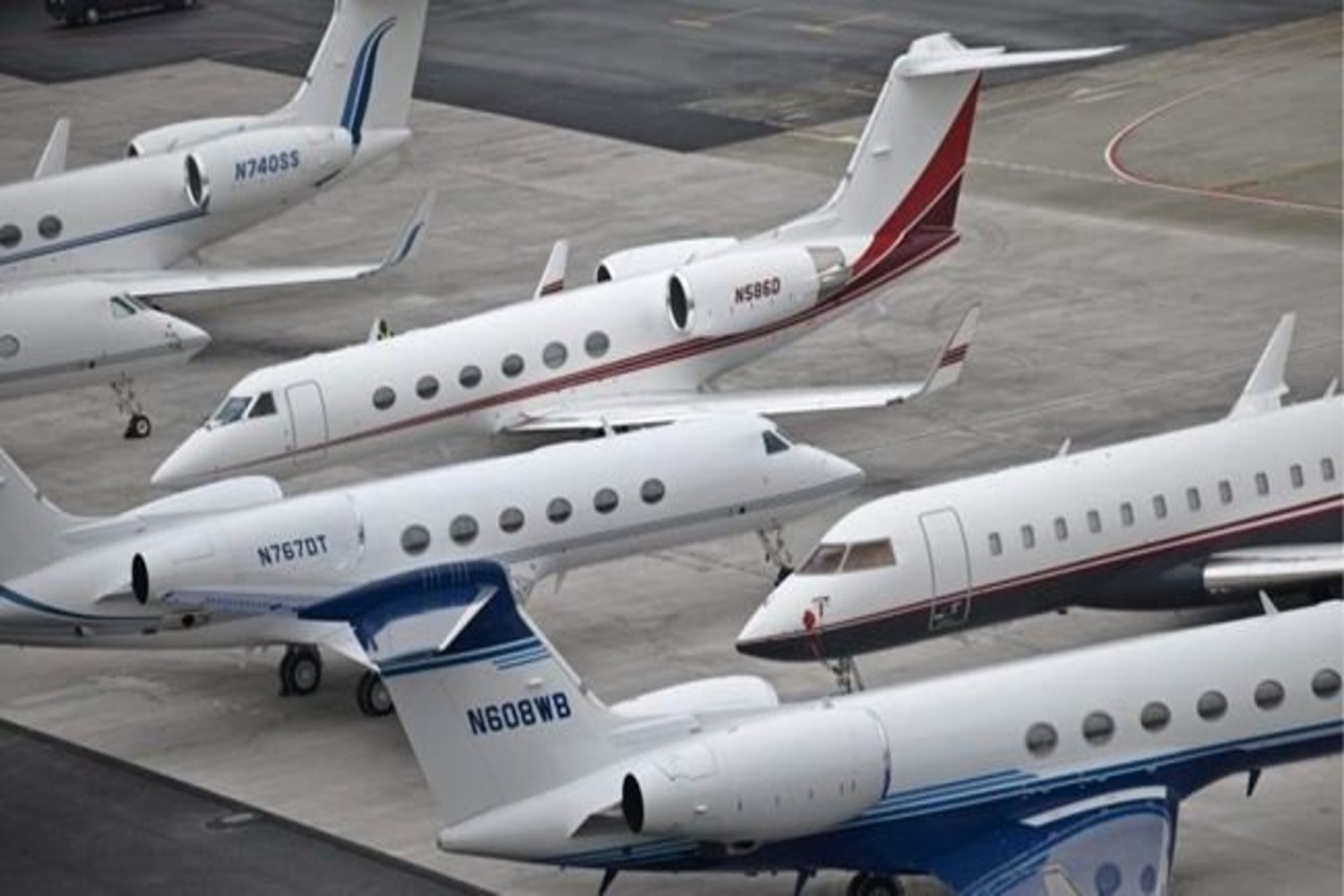Amidst significant reforms, Nigeria’s aviation sector is poised for substantial advancement in 2025. The nation’s aviation industry is preparing for a considerable transformation in 2025, propelled by comprehensive policy revisions, enhancements in infrastructure, and heightened participation from the private sector.
Addressing the 14th Nigeria Aviation Awards (NIGAV), Co-Chairman of the Awards Committee, Dr. Richard Aisuebeogun, emphasized that the reforms initiated in 2024 are already laying the groundwork for extensive ramifications in the coming year.
“2025 will reflect the repercussions of various influential policy evaluations from 2024 aimed at reestablishing aviation,” he stated.
One of the sector’s most notable achievements is Nigeria’s recent removal from the Cape Town Convention aircraft leasing risk register. This development now permits local airlines to obtain affordable, long-term aircraft financing under dry lease agreements, a transition that Dr. Aisuebeogun characterized as “a transformative shift poised to significantly alleviate financial obstacles for local airlines. “
Another crucial advancement is the federal government’s strategy to introduce airport concessions in 2025. This initiative, which encourages private sector engagement, is intended to modernize airport infrastructure and enhance operational efficiency.
“Airport concessions will result in upgraded facilities and improved passenger experiences,” he added.
Progress is also being observed at the state level. In Akwa Ibom, the nearly completed Maintenance, Repair, and Overhaul (MRO) facility for Ibom Air signifies a vital move towards minimizing the reliance on expensive overseas aircraft maintenance. This local solution is anticipated to relieve foreign exchange burdens on domestic operators.
On the national stage, Dr. Aisuebeogun expressed optimism that challenges related to the postponed Nigeria Air project and the broader initiative for a national carrier will be resolved by 2025. With over 80 active Bilateral Air Service Agreements (BASAs) and a robust international travel market, industry specialists perceive the potential for significant growth. Meanwhile, domestic airlines such as Air Peace are actively expanding their presence across West and Central Africa.
The surge in e-commerce is also driving demand for air cargo services. However, authorities have been urged to strengthen oversight, particularly to thwart illicit activities such as drug trafficking through cargo channels.
Regulatory enhancements are also underway. Under the direction of newly appointed Director General Captain Chris Najomo, the Nigeria Civil Aviation Authority (NCAA) has implemented essential reforms, including the establishment of a Consumer Protection Directorate aimed at resolving issues like flight delays, unanticipated fare hikes, and cancellations.
Infrastructure improvements are ongoing. Runway 18R at Murtala Muhammed Airport has finally received its long-awaited airfield lighting system, and the Nigerian Airspace Management Agency (NAMA) has upgraded satellite-based navigation systems across key national routes.
A new model for sustaining regional air routes is also developing, as state governments collaborate with airlines to ensure operational viability. In Enugu State, this cooperative strategy has already resulted in increased passenger traffic and more reliable services. The model is gaining traction beyond Nigeria’s borders, with Xejet now operating flights on behalf of Sierra Leone’s State Airline.
Acknowledging the burgeoning drone industry, the NCAA has also established a specialized Unmanned Aircraft Systems (UAS) division, indicating the regulator’s determination to remain proactive in integrating new aviation technologies.
Despite these advancements, obstacles persist. Ongoing funding constraints have led to renewed advocacy for the creation of a dedicated aviation financial institution. The inconsistent availability of Jet A1 fuel continues to obstruct operations, with stakeholders urging the Ministry of Aviation to collaborate with Dangote Refinery to establish a dependable fuel supply chain.
Nonetheless, hope within the industry remains robust. If the current momentum is preserved, 2025 could represent a pivotal moment for Nigerian aviation ushering in safer airspace, enhanced infrastructure, increased job creation, and improved financial outcomes across the sector.



